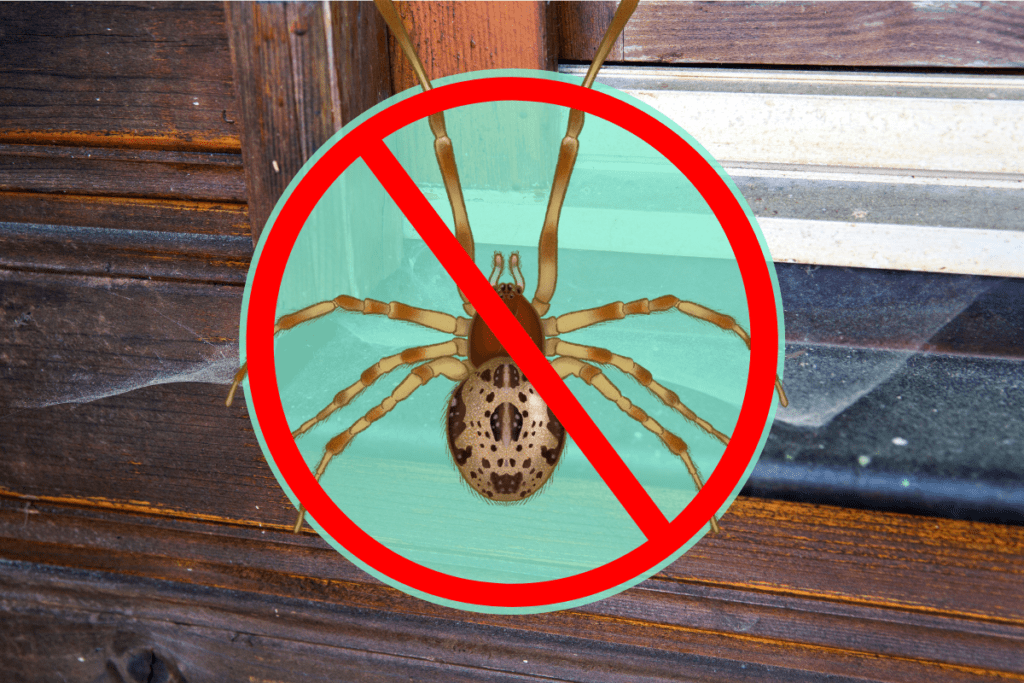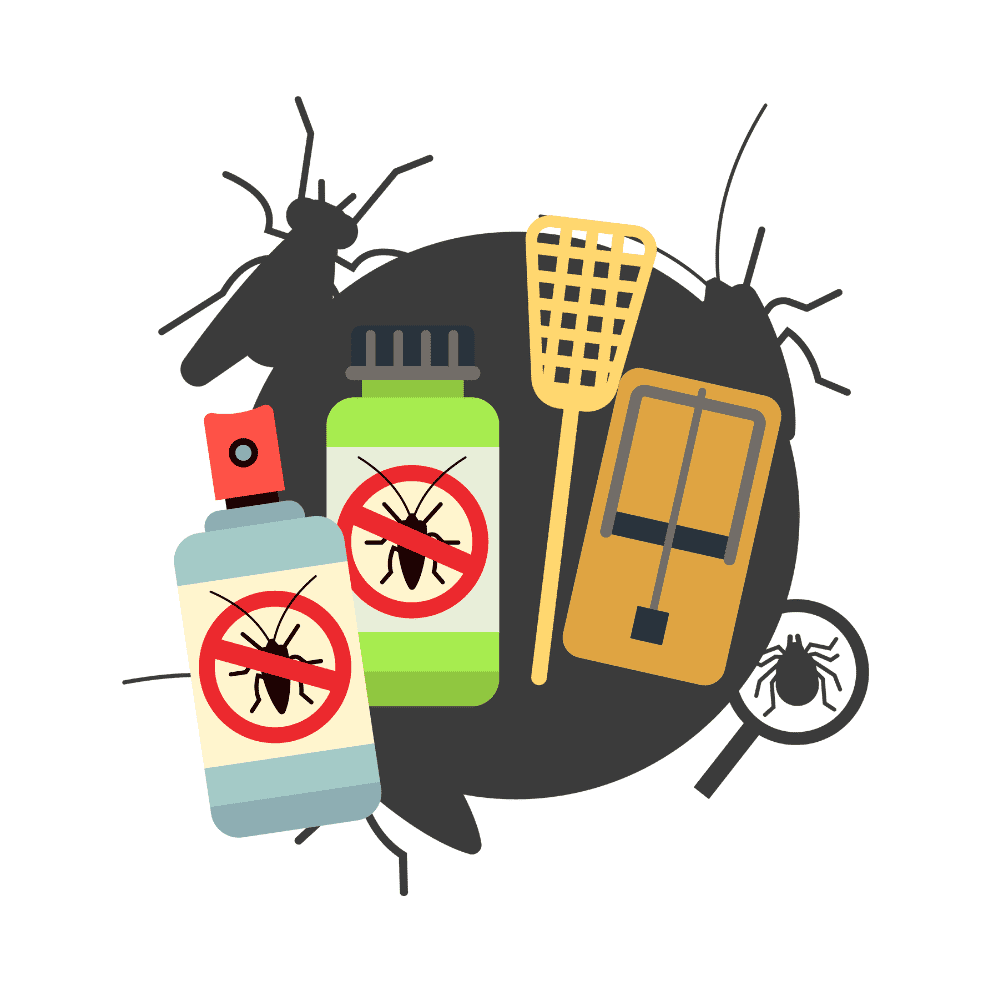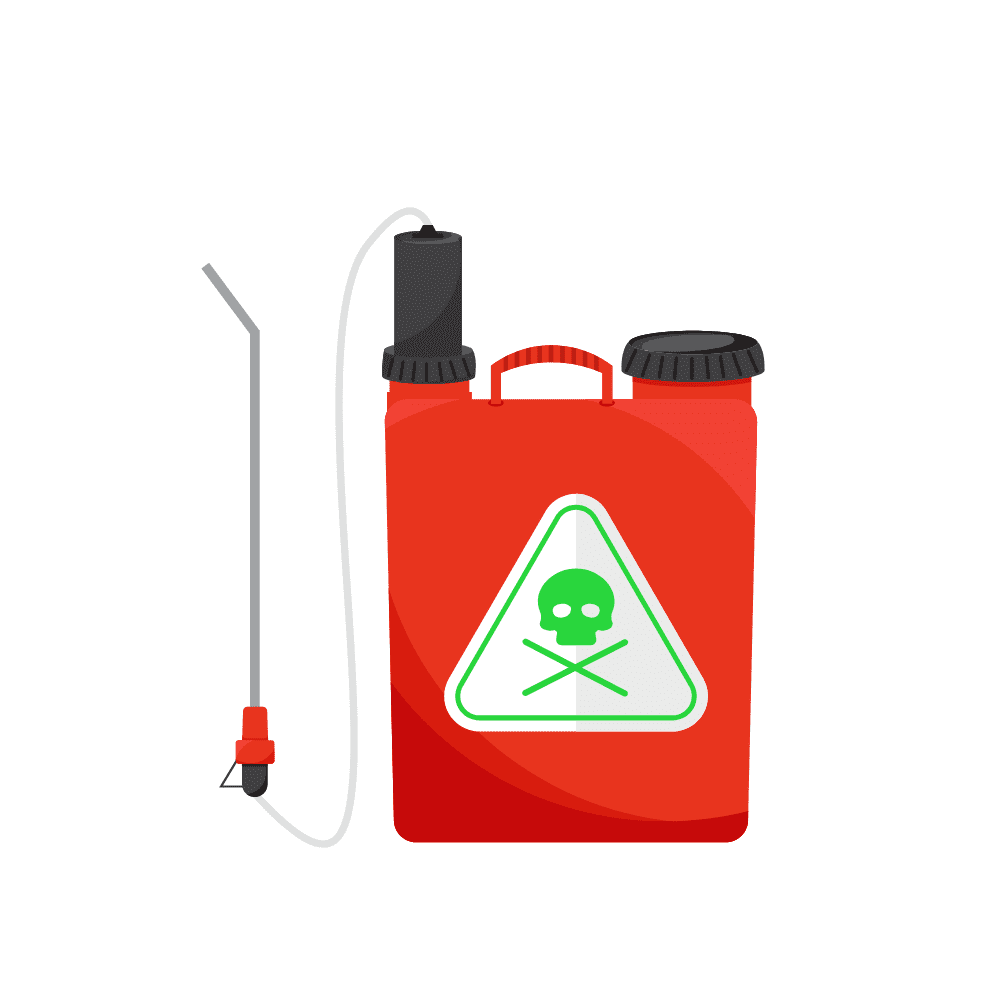
Understanding Spiders in Your Home
Many people fear spiders because of their appearance and the idea that they bite. Some species, such as the brown recluse, are venomous, making spider control a common concern. However, most spiders are harmless and play an essential role in controlling other pests in your home. For this reason, it’s best to focus on prevention and exclusion rather than outright elimination unless necessary.
Spider Removal Precautions

Before attempting to remove spiders, prioritize safety for yourself and your family. Whenever possible, aim for humane solutions that protect both people and spiders.
Here are some precautions to follow:
- Identify the Spider: If you suspect the spider is venomous—such as a brown recluse or yellow sac spider—contact a professional pest control service immediately.
- Handle Carefully: Avoid crushing spiders with your hands or feet, as this increases the risk of bites.
- Practice Hygiene: After removing webs or applying treatments, wash your hands and clean any tools thoroughly. Dispose of spiders or egg sacs far from your home to prevent re-entry.
- Follow Instructions: If using insecticides or natural alternatives, carefully read and adhere to all label instructions. Apply treatments in well-ventilated areas and keep children and pets away during and after use.
How to Get Rid of Spiders
- Direct Removal
- Eliminate Food Sources
- Natural Control Methods
- Maintain a Clean Home
- Chemical Solutions
1. Direct Removal
Removing spiders directly is the quickest method. For a humane approach, use tools like spider catchers, or a container and stiff paper, to capture and release spiders outdoors.
Vacuuming is another effective method—strong suction often kills spiders instantly, helping to reduce populations quickly. Vacuuming also removes webs and egg sacs in the process.

2. Eliminate Food Sources
Spiders are attracted to homes with abundant prey, such as flies, moths, and mosquitoes. To reduce spider populations, eliminate these food sources:
- Keep trash bins sealed.
- Store food in airtight containers.
- Use screens on windows to prevent flying insects from entering.
By addressing underlying pest issues, you create an environment that’s less appealing to spiders.

3. Natural Control Methods
Natural methods are popular due to their eco-friendliness and safety for homes with pets or children.
- Essential Oils: Mint oil and chestnuts have been shown to deter spiders. Spray diluted essential oils (10–20 drops per cup of water) in areas where spiders are common. Reapply regularly, as oils lose potency over time.
- Vinegar Solution: Mix equal parts vinegar and water, and spray it on webs and in corners. Like essential oils, frequent reapplication is necessary.
- Diatomaceous Earth: This natural powder damages spiders’ exoskeletons, dehydrating and killing them. Sprinkle lightly in cracks, corners, and other areas where spiders are seen.

4. Maintain a Clean Home
Spiders thrive in cluttered environments where they can hide and spin webs. Keeping your home clean is one of the most effective ways to deter them.
- Regularly dust and vacuum, especially in corners, closets, and storage areas.
- Declutter spaces like basements, garages, and attics.
- Follow a cleaning routine to reduce the chances of spiders settling in.

5. Use chemical solutions
For severe infestations, insecticides with active ingredients like pyrethroids or fipronil can be effective. Always follow label instructions and consider hiring a professional to ensure safe and proper application. Use chemical solutions sparingly and only as a last resort due to their potential health and environmental impacts.

Keeping Spiders Out of Your Home
Preventing spiders from entering your home is easier than dealing with an infestation. Focus on sealing potential entry points and maintaining a well-protected perimeter.
Here are some steps to take:
- Seal Gaps: Install weatherstripping around doors and windows, and use caulk to seal cracks in walls, foundations, and other openings.
- Maintain Screens: Repair or replace damaged window and door screens.
- Reduce Outdoor Clutter: Keep firewood, leaf piles, and other debris away from your home’s exterior to minimize hiding spots for spiders.
Conclusion
Although spiders can be unsettling, they are vital for controlling other pests in your home. By following the strategies outlined above, you can maintain a balance between your living spaces and the spiders’ ecological role.
Are spiders taking over your home? MMPC specializes in effective, eco-friendly pest control solutions tailored to your needs. Contact us today to reclaim your space!
